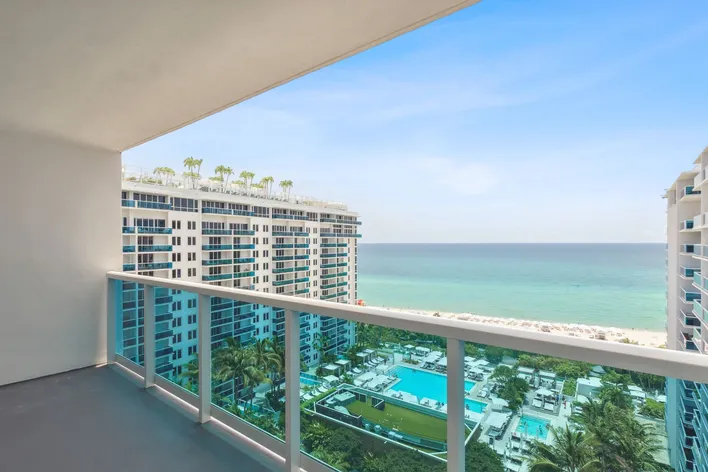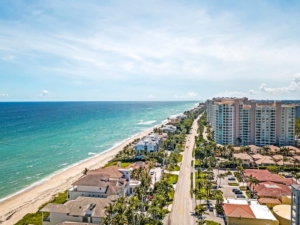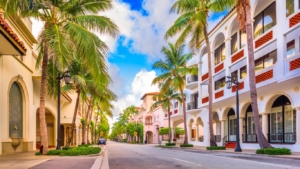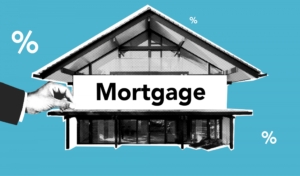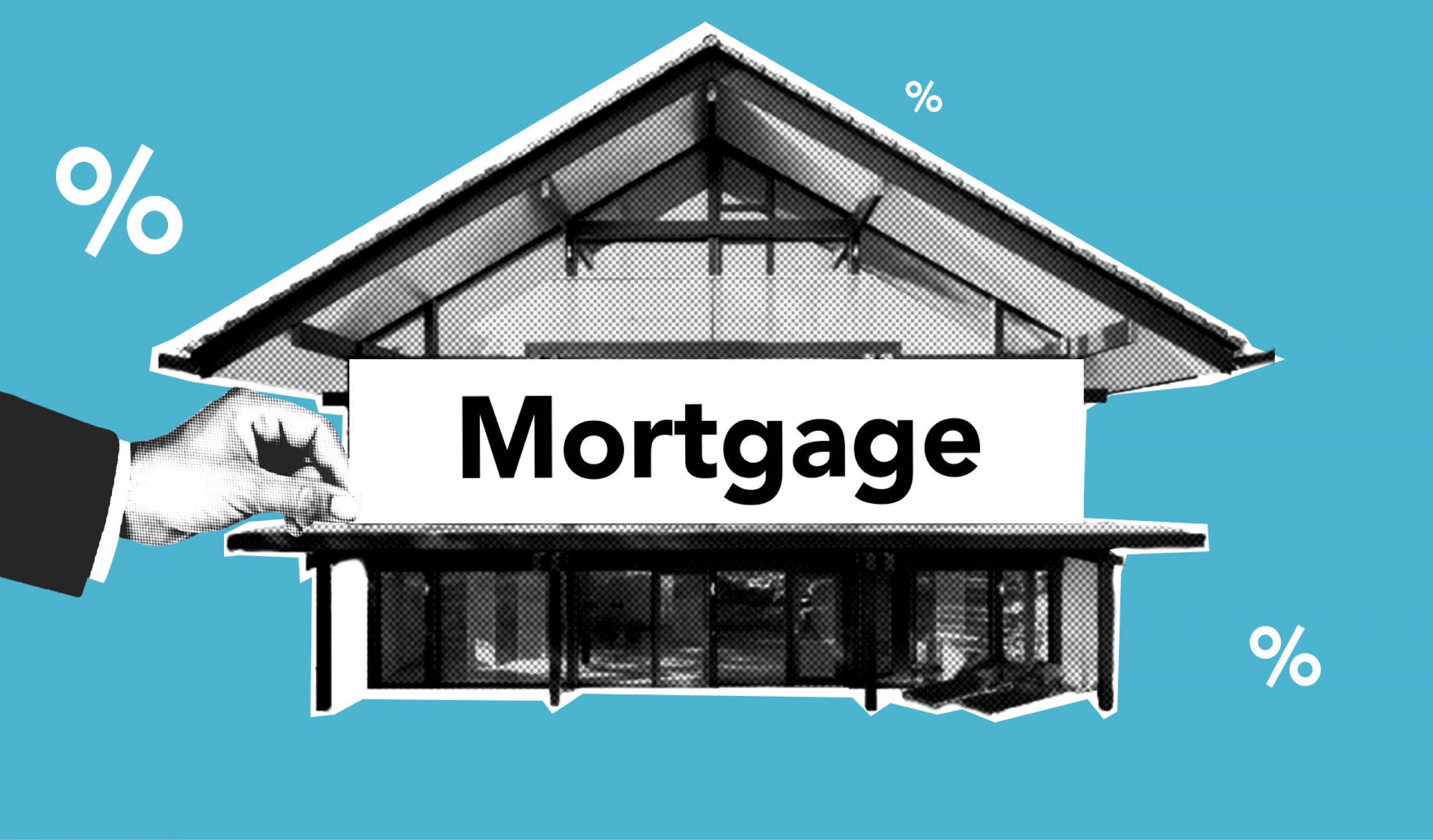Related Urban Pursues 99-Year Ground Lease Extension for Miami-Dade Live Local Development
Miami-Dade Housing Revolution: Related Urban's $97M Ground Lease Proposal
In a significant move to transform outdated public housing into modern residential spaces, Related Urban is pursuing an extension of their ground lease agreement with Miami-Dade County. The development firm, under Albert Milo's leadership, aims to construct the Residences at Palm Court, an ambitious mixed-use complex near West Little River that would generate approximately $97.4 million in revenue for the county over the lease's lifetime.
The Miami-Dade County Commission's housing committee will evaluate this proposal on Tuesday, considering whether to extend the previously approved 75-year agreement to a full 99-year term. This 24-year extension is strategically important for Related Urban, as it would qualify the development for valuable real estate tax rebates through the Florida Housing Finance Corporation, potentially enhancing the project's financial viability.
"Long-term ground leases have become increasingly important for developers working on affordable housing initiatives," explains urban development specialist Maria Rodriguez. "These extended terms provide the financial stability and incentives necessary to make mixed-income projects sustainable over generations."
Transformation of Aging Infrastructure into Modern Living Spaces
The development plan involves demolishing two aging structures: the 11-story Palm Tower with 103 units and the six-story Palm Court with 88 units, both situated on county-owned property spanning 4 acres at 860, 930, and 950 Northwest 95th Street. These outdated facilities would give way to a contemporary 12-story residential building housing 316 apartments, complemented by two medical office buildings totaling 5,000 square feet.
This represents a significant upgrade from Related Urban's previous renovation plans, which had involved maintaining the Palm Tower while replacing Palm Court with an eight-story, 185-unit building. That earlier arrangement would have generated approximately $35.2 million for the county over 75 years—substantially less than the current proposal's projected $97.4 million return ($90.8 million in rent plus $6.6 million in fees).
Miami-based Modis Architects has designed the Residences at Palm Court with a thoughtful mix of one and two-bedroom apartments, creating living spaces that meet diverse community needs while maximizing land use efficiency. The development's location near West Little River offers residents convenient access to transportation corridors and essential services.
Leveraging the Live Local Act for Streamlined Development
A distinctive feature of this development is its qualification under Florida's Live Local Act, which allows for an administrative review process rather than the typically more complex zoning procedures. The project achieves this status by designating 40 percent of its residential units for affordable and workforce housing—a substantial commitment to addressing Miami-Dade's housing accessibility challenges.
The Live Local Act, implemented to accelerate housing development in Florida, allows qualifying projects to bypass certain zoning restrictions when they meet specific affordability criteria. This legislative tool has become increasingly important in Miami-Dade County, where housing costs have risen dramatically in recent years.
"The administrative review process under the Live Local Act typically reduces development timelines by 30-40 percent," notes housing policy analyst James Wright. "This efficiency not only reduces carrying costs for developers but also brings much-needed housing units to market faster."
Related Urban's Growing Public Housing Portfolio
This project represents another significant addition to Related Urban's expanding portfolio of public housing redevelopment initiatives. As the affordable housing division of the Coconut Grove-based Related Group—led by Jorge, Jon Paul, and Nicholas Pérez—Related Urban has established itself as a major player in transforming Miami-Dade's public housing landscape.
In March, the firm submitted an application for Gallery at SoMi Parc, an 11-story building planned as the second phase of a county-owned public housing redevelopment in South Miami. This ambitious project features 390 units under the Live Local Act provisions, along with 8,700 square feet of retail space and 501 parking spaces on a 3.3-acre site.
The first phase of this development, SoMi Parc, was completed last year on an adjacent 2.9-acre parcel. This mixed-income apartment building contains 172 units and serves as a testament to Related Urban's commitment to creating integrated communities that serve residents across different income levels.
Economic Impact and Community Benefits
The economic implications of Related Urban's proposed development extend well beyond the direct financial returns to Miami-Dade County. The project would generate substantial construction employment, create permanent jobs in property management and the medical offices, and potentially catalyze additional investment in surrounding neighborhoods.
Moreover, the inclusion of medical office space addresses the community's need for accessible healthcare services—a thoughtful addition that enhances the development's utility beyond merely providing housing. This mixed-use approach aligns with contemporary urban planning principles that emphasize creating walkable communities where residents can access essential services without extensive travel.
Insights About Miami's Affordable Housing Development
How does the Live Local Act benefit affordable housing development in Miami?
The Live Local Act streamlines the approval process for qualifying projects that include a significant percentage of affordable units, reducing bureaucratic hurdles and accelerating construction timelines. It also provides potential tax advantages that make affordable housing development more financially viable, encouraging private investment in these essential projects.
Why are 99-year ground leases preferred for affordable housing developments?
Extended ground leases provide long-term stability for developers and investors, allowing them to spread costs over a longer period and secure more favorable financing terms. For affordable housing specifically, longer lease terms help ensure that these properties remain affordable for generations rather than facing redevelopment pressure after a shorter term expires.
How does replacing older public housing with mixed-income developments benefit communities?
Mixed-income developments help prevent concentrated poverty by creating economically diverse neighborhoods. They typically feature better amenities, modern construction standards, and improved energy efficiency compared to aging public housing. This approach has been shown to improve quality of life for residents while creating more sustainable community environments.
What role do public-private partnerships play in addressing Miami's housing crisis?
Public-private partnerships, like Related Urban's agreement with Miami-Dade County, leverage private sector expertise and capital while utilizing public land and incentives. This collaborative approach helps stretch limited public resources further, resulting in more housing units being created than either sector could produce independently.
How might this development impact surrounding property values?
While individual impacts vary, research suggests that well-designed affordable housing developments often have neutral or positive effects on neighboring property values, particularly when they replace outdated or deteriorating structures. Modern, aesthetically pleasing developments like Residences at Palm Court typically enhance neighborhood appeal while providing essential housing options.
As Miami-Dade continues to face housing affordability challenges, developments like Residences at Palm Court represent an important piece of the complex puzzle of creating accessible housing while generating revenue for public coffers. The county commission's decision on this ground lease extension will potentially shape not just this particular development, but could influence the approach to public housing redevelopment throughout the region for years to come.

